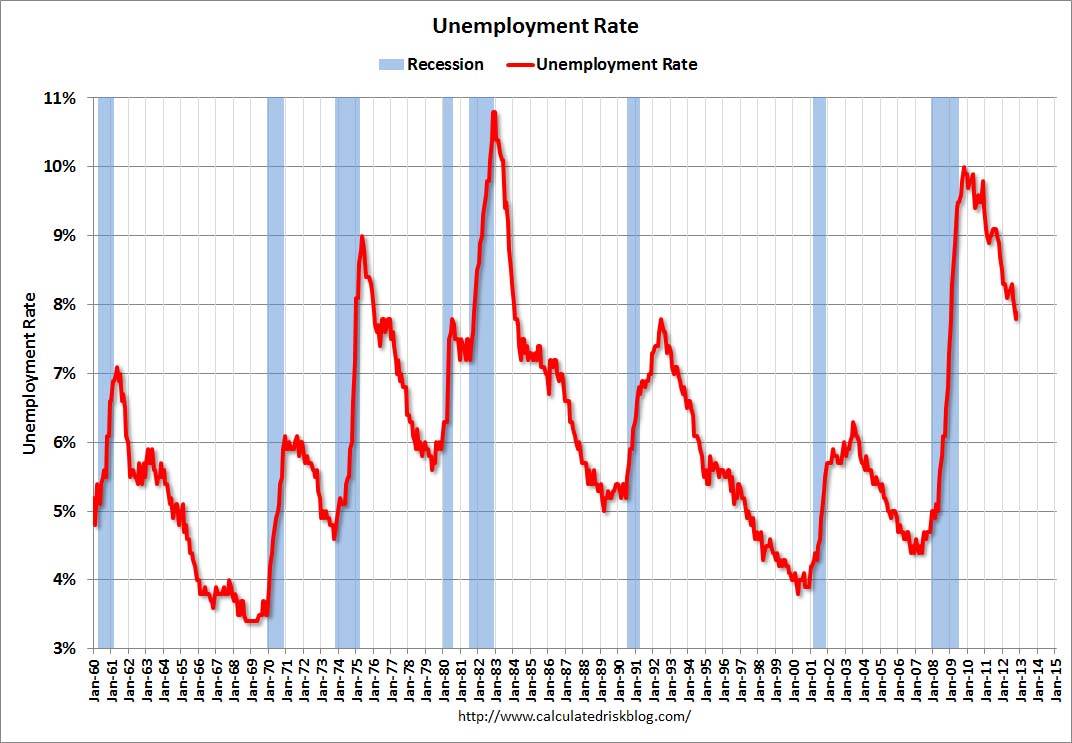- May 17, 2013
- 67,486
- 32,629
- 2,290
We have the lowest tax rates in a half century right now....
we need to reduce spending, raise tax rates, and have one heck of an economy going, to make any kind of reduction in the National Debt...
don't see any of this happening to the degree that it needs to happen.
simplify taxes........raising taxes doesn't necessarily raise revenues as history has shown. Revenues have a historic average of 18.1 % since WWII irregardless of the rates.............People just offshore their money when taxes increase.
A simplified code at a set rate with NO DEDUCTIONS is the answer.........a 15% income flat rate would generate 200 plus Billion a year in revenues











